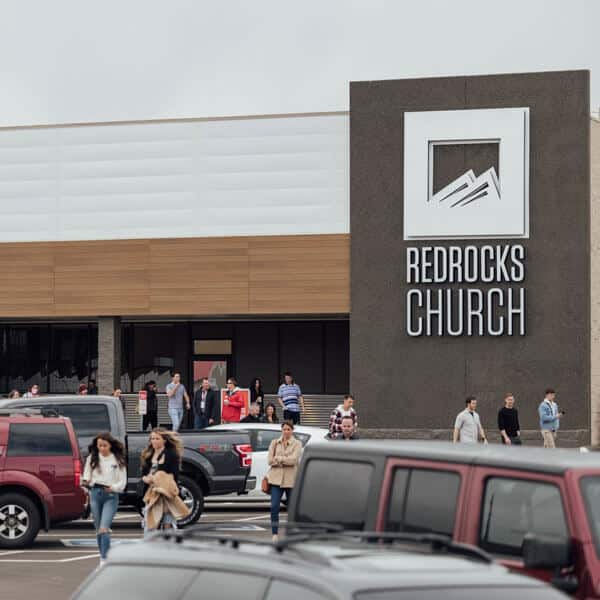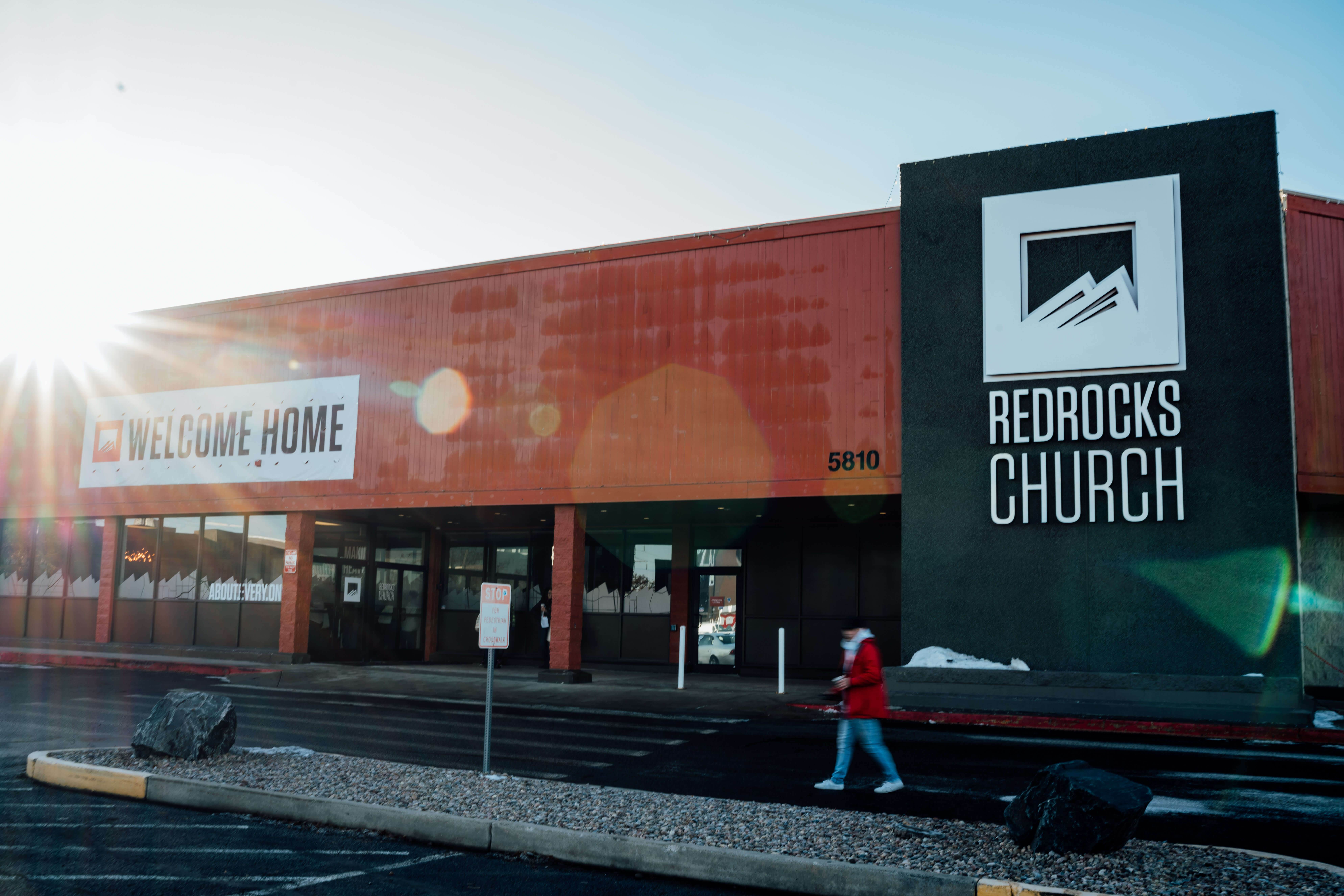Breaking: Red Rocks Church Scandal - What You Need To Know Now
Is faith truly blind, or is it sometimes betrayed? The Red Rocks Church scandal, a narrative of alleged misconduct and broken trust, lays bare the complexities of faith, leadership, and accountability, forcing us to confront uncomfortable truths.
The story of Red Rocks Church, with locations across Arvada, Aurora, and Lone Tree, has become a cautionary tale, a stark reminder that institutions, regardless of their purported sanctity, are vulnerable to human fallibility. The scandal, which first came to light in early 2023, emerged from the shadows of secrecy when a whistleblower within the church revealed unsettling information about financial mismanagement and unethical behavior. These revelations quickly ignited a firestorm, prompting investigations by both internal and external bodies. The unfolding narrative, however, is not a recent phenomenon, but rather the culmination of events that began to surface years prior, painting a picture of a community grappling with internal struggles and external scrutiny.
The Red Rocks Church scandal encompasses a series of grave allegations, primarily concerning sexual and financial misconduct. At the center of the controversy is the church's former pastor, Bob Coy. The allegations against Coy first emerged in 2018, eventually leading to his dismissal from the church in 2019. The scandal has since reverberated through social media, news outlets, and even dinner table conversations, its impact felt far beyond the walls of the church itself. The story raises significant questions about leadership ethics, financial transparency, and the responsibility of institutions to protect their members.
Another unfolding story involves Pastor Robert Morris, who resigned from Gateway Church in Dallas on June 18, 2024, after a woman accused him of abuse in the 1980s. This illustrates a pattern of alleged misconduct within religious organizations, raising questions about accountability and the protection of vulnerable individuals. The allegations against Morris, starting when the accuser was only twelve, highlight the lasting impact of abuse and the importance of holding leaders accountable for their actions. This ongoing narrative provides another layer to the conversation about faith, power, and the need for systemic reform.
| Category | Details |
|---|---|
| Name | Bob Coy |
| Known For | Former Pastor of Red Rocks Church, involved in a scandal concerning allegations of sexual and financial misconduct. |
| Allegations | Sexual misconduct, financial mismanagement, and unethical behavior. |
| Key Dates |
|
| Church Locations | Arvada, Aurora, Lone Tree (Colorado) |
| Impact | Affected church members, spurred investigations, and fueled public discourse about faith, leadership, and accountability. |
| Official Website | redrockschurch.com |
The Red Rocks Church story, though specific in its details, echoes broader themes of institutional accountability and the challenges faced by communities navigating crises of faith. It is not simply a local issue but a reflection of a national conversation about the integrity of religious institutions and the need for transparency and justice. The churchs response, and the actions taken by governing bodies, are critical in shaping the long-term impact of the scandal on the congregation and the wider community.
The narrative surrounding Red Rocks Church, and the individuals involved, forces us to confront fundamental questions: How do we reconcile faith with the actions of those who claim to represent it? How can we protect vulnerable individuals from abuse of power? What measures can be implemented to ensure financial transparency and ethical conduct within religious organizations? The Red Rocks Church scandal serves as a stark reminder that even within institutions of faith, the pursuit of truth and justice must prevail. It is a call for introspection, accountability, and the courageous pursuit of a better way forward.
Beyond the specific incidents, the Red Rocks Church scandal highlights the role of whistleblowers and the importance of independent investigations. The courage of those who came forward with information, exposing alleged wrongdoing, is essential in initiating the process of healing and reform. External bodies, tasked with impartiality and objectivity, can offer a crucial framework for holding individuals and institutions accountable for their actions.
The broader impact of the Red Rocks Church scandal goes beyond the confines of its physical locations. The stories shared on social media, the coverage by news outlets, and the conversations at dinner tables across communities, demonstrate the widespread nature of the conversation. It is a story that compels individuals to re-evaluate their beliefs, their relationships with religious institutions, and their understanding of faith itself.
The case highlights the need for continuous vigilance and reform within religious organizations. It underscores the necessity of ethical leadership, transparent financial practices, and a commitment to safeguarding the well-being of all members. The Red Rocks Church scandal serves as a catalyst for much-needed change, a powerful example of the ongoing struggle to uphold integrity and accountability.
The experience of members and those who once attended the church, speaks volumes about the emotional and spiritual toll that such revelations can take. The journey toward healing and rebuilding trust is a long and complex process. The decisions made, the actions taken, and the commitment to truth by both the church and its community, will define the future of Red Rocks Church.
The influence of figures like Reed Bogard, associated with Red Rocks Young Adults and the author of the book "Attacking Anxiety", offers a perspective on coping with challenges. Likewise, references to resources like the H3 Leadership podcast featuring Shawn Johnson, further indicates an effort towards addressing issues within a broader context. Moreover, the discussion around Holy Week, communion, and worship highlights the continued importance of faith and community in times of difficulty.
In the end, the Red Rocks Church scandal remains a pivotal moment, prompting individuals to question the nature of faith, leadership, and the systems in place meant to protect the vulnerable. It calls for both introspection and action, demanding that religious institutions demonstrate a dedication to transparency, accountability, and unwavering commitment to the values they proclaim.
The story of Red Rocks Church is not just a local story. It is part of a larger conversation about faith, leadership, and the search for truth. As we navigate the complexities of this narrative, we are reminded that faith, when confronted with hard realities, can be both strengthened and transformed. The future of Red Rocks Church, and the lessons it offers, remain to be fully realized, but one thing is clear: this story will continue to be a reminder of the importance of ethics, accountability, and the enduring quest for truth in a world often marred by human fallibility.

LKW_042022_5 (2) Red Rocks Church

Littleton Campus Red Rocks Church

Lakewood Campus Red Rocks Church